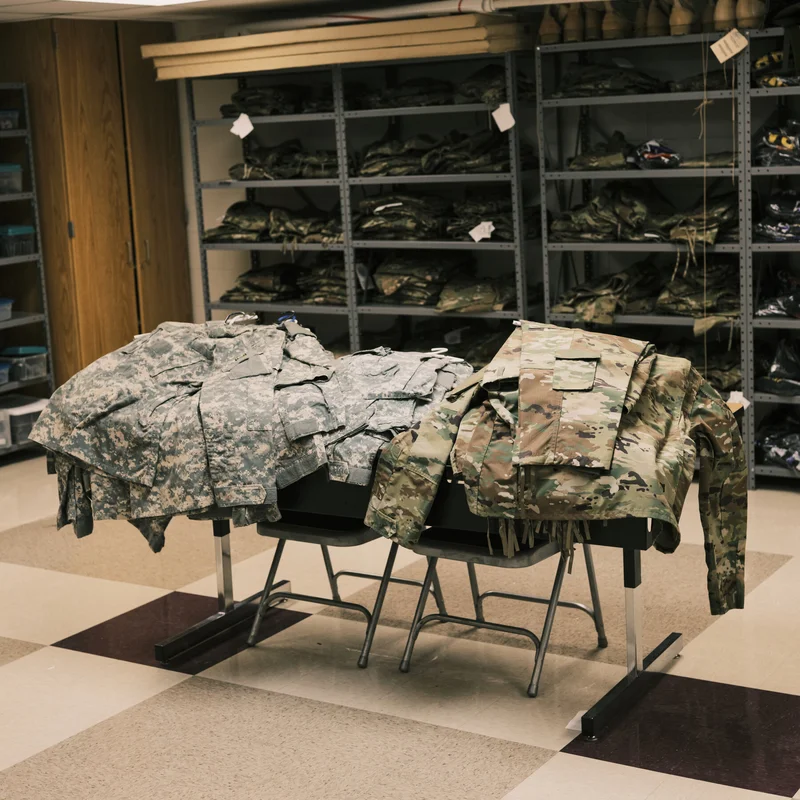They got into Harvard—the pinnacle of academic achievement—but many students aren’t showing up to class. A recent front-page New York Times report revealed that skipping lectures has become part of the culture at the Ivy League institution, sparking a wave of reader responses that question whether elite education has lost its way.
Now, educators, alumni, and former professors are weighing in with sharp critiques, nostalgic reflections, and even practical fixes. The consensus? Something’s off—and it might not just be a Harvard problem.
Table of Contents
- The Harvard Paradox: Skipping Class, Scoring A’s
- Reader Reactions: A Generation Gap?
- What Professors Suggest
- Beyond Harvard: A National Trend
- Is Attendance Still Relevant?
- Sources
The Harvard Paradox: Skipping Class, Scoring A’s
The original Times report highlighted a troubling irony: at one of the world’s most selective universities, many undergraduates regularly skip lectures yet still earn top grades. Some rely on peer notes, online recordings, or last-minute cramming. Others simply find the material redundant or the classroom environment unengaging.
This has led to a quiet crisis of participation—empty seats, silent discussions, and frustrated teaching assistants facing rooms full of disengaged or absent students.
Reader Reactions: A Generation Gap?
In a flood of letters to the editor, readers expressed everything from disappointment to defiance.
Alice Tenney of Mamaroneck, N.Y., offered a blunt solution: “Make in-person attendance mandatory, and don’t allow any electronic devices in the classroom. Harvard Business School does this, and it seems to work just fine.”
Lillian Little, a retired professor from Wakefield, Mass., went further: “I’m convinced that students at the small Massachusetts state university where I taught for 30 years received a better education than those who attend Harvard.” She cited small class sizes, faculty availability, and active participation as keys to real learning.
What Professors Suggest
Not all blame falls on students. Taryn Shea LaRaja, a former Harvard student and now an educator in Amherst, recalled her own days of skipping readings—but still speaking up to “save” awkward silences in seminar.
She proposes a simple but powerful fix: the “turn and talk” strategy. “Before opening a discussion to the full class, have students briefly share their thoughts with a partner,” she wrote. “This gives them a chance to process, rehearse, and build confidence.”
According to LaRaja, the issue may not be apathy—but anxiety. Even at Harvard, students fear looking foolish in front of peers and professors.
Beyond Harvard: A National Trend
This isn’t just an Ivy League quirk. Timothy D. Taylor, a professor at UCLA, noted a dramatic shift post-pandemic: “Before, I had to quiet the class to start. Now, students sit in silence, eyes glued to their phones.”
He believes the pandemic normalized remote learning and eroded the social fabric of the classroom. The result? Students are physically present but mentally elsewhere—or not present at all.
Is Attendance Still Relevant?
The debate raises a deeper question: in an age of AI summaries, lecture recordings, and open-access textbooks, is physical attendance still necessary?
Proponents argue that education isn’t just about content—it’s about dialogue, mentorship, and intellectual community. “You can’t replicate the spark of a spontaneous classroom debate through a PDF,” said one former dean (not quoted in the letters but echoing common sentiment).
Yet critics counter that if lectures aren’t compelling enough to draw students in, maybe the format—not the students—needs rethinking.
As Harvard grapples with this paradox, its struggle may offer a mirror for colleges nationwide: How do you keep students engaged when information is everywhere, but attention is scarce?




